Cant Sleep without Alcohol? Drinking to Fall Asleep: Insomnia & More Alzheimer’s and Dementia
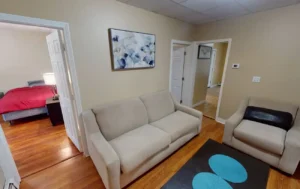
Meanwhile, it increases the time spent in the lighter N2 stage of non-REM sleep. This disruption to the sleep cycle can lead to a feeling of insufficient rest upon waking. It may also exacerbate morning-after mood cant sleep without alcohol disturbances and impair cognitive function. Long-term alcohol use negatively affects REM cycles and decreases sleep quality. Over time, sleep deprivation can increase the risk of several chronic health conditions.
How we reviewed this article:
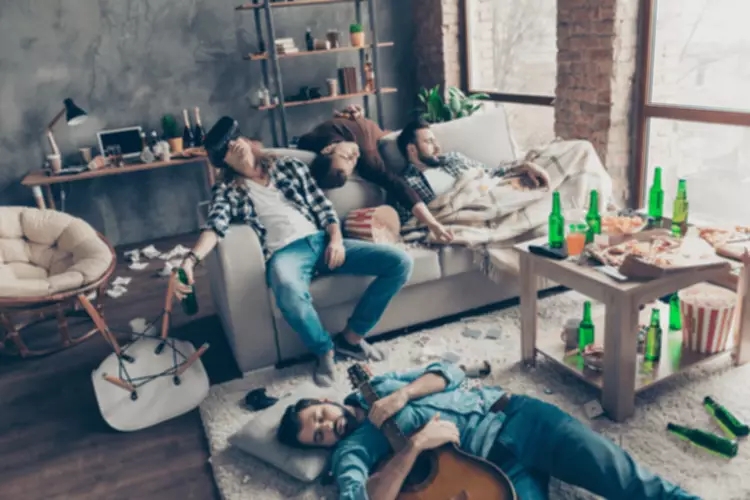
Discover the ultimate guide to self-care and learn how to prioritize your well-being for a healthier, happier you. Explore the benefits, dimensions, and strategies of self-care for a healthier, happier you. While alcohol may provide temporary relief from sleeplessness, relying on it as a sleep aid can have negative consequences. You are not alone, and restoring peace and freedom is more than possible.
How Long Does Insomnia Last After Quitting Alcohol?
Sleep hygiene may not solve your sleep problems immediately or alone, but it is a key component of CBT-I that’s worth making a part of your daily routine. A doctor can talk you through a treatment program to help, such as therapy, medication, or support groups. In all, it’s imperative to note that these are merely factors and not binding verdicts.
Prednisone and insomnia: How to sleep while taking steroids
With help from experienced professionals, substance use and co-occurring insomnia can be treated effectively. If you believe your drinking may be problematic, you may learn about the differences between casual and problematic drinking by taking a self-assessment. If co-occurring substance use and insomnia are causing problems in your life or the life of a loved one, reach out to a representative to begin the journey towards recovery. Some people in recovery may try to start drinking again to improve their sleep. However, the alcohol will continue to damage their sleep cycles, and the problem will not get better.
- This is an extremely painful time, as you experience the drag and pull from the opposite desires.
- I still take ashwagandha because it has anti-aging benefits, and I feel more calm when I take it.
- Good sleep hygiene will help you fall asleep faster and stay asleep longer, so you don’t need to have something before bed for sleep.
- A common complaint of people who are trying to quit drinking, or looking for reasons to keep drinking and are hesitant to try, is that they can’t sleep without alcohol.
- Caffeine, a stimulant found in coffee, tea, and some soft drinks, can interfere with your ability to fall asleep.
Hearing others’ stories nurtures hope and resilience, while offering practical advice on overcoming sleep challenges. The collective wisdom of support groups can be the key to conquering insomnia. This means talking to a professional about strategies to overcome your sleep disorder.
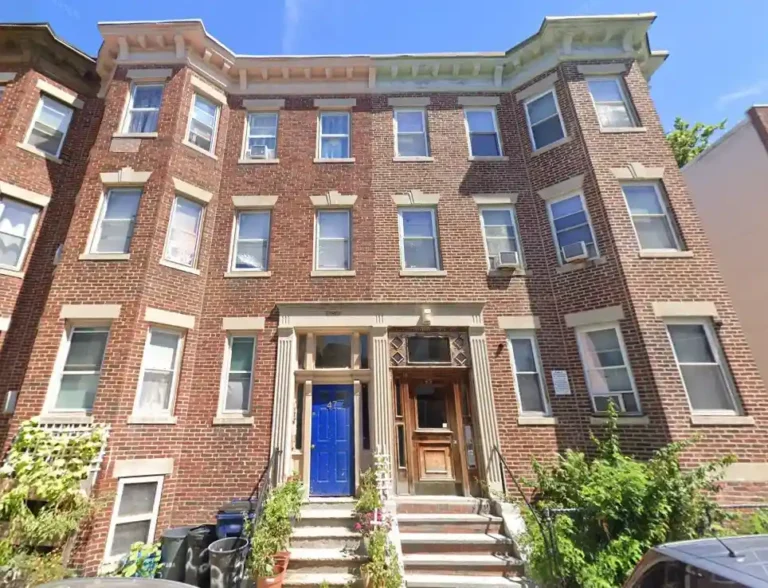
Alcohol and Sleep Apnea
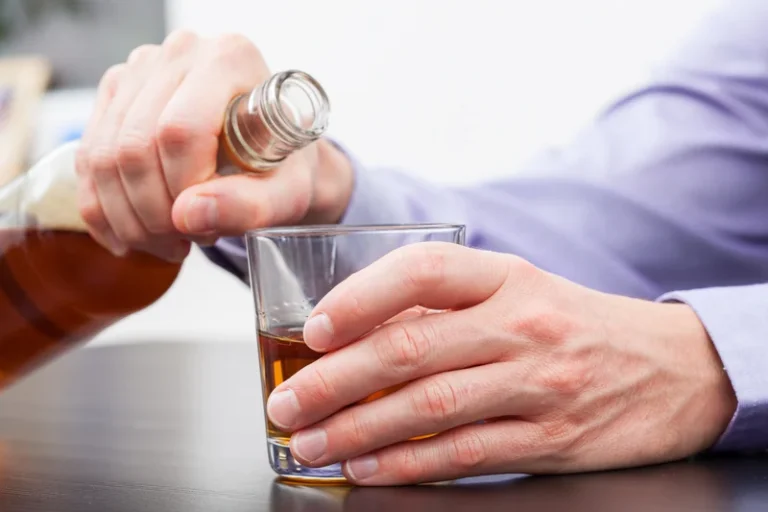
The long-term health risks of drinking include liver and heart disease, a weakened immune system and several types of cancer. Studies have also shown that drinking large quantities of alcohol in one sitting or even a single drink a day can raise blood pressure. As more people are moving away from drinking alcohol, many might be wondering about the impact four weeks off the sauce could have on our health. Therapy can be a valuable tool in addressing the root causes of your sleep difficulties and finding healthier alternatives to alcohol for sleep. Cognitive-behavioral therapy for insomnia (CBT-I) is a commonly used therapeutic approach that focuses on changing negative thought patterns and behaviors related to sleep. This is the time when you are able to change your behavior around alcohol, either through moderation or abstinence.
Understanding How Alcohol Impacts Sleep Patterns
CBT-I typically involves identifying and challenging any unhelpful beliefs or behaviors that may be interfering with your ability to fall asleep naturally. A therapist will work with you to develop personalized strategies and techniques to improve sleep quality and establish healthier sleep habits. This therapy can help you break free from the reliance on alcohol as a sleep aid and develop long-term sustainable sleep practices.
- Explore the benefits, dimensions, and strategies of self-care for a healthier, happier you.
- Even as the harsh symptoms of withdrawal fade, sleep disturbances could persist.
- There are many other lifestyle strategies for insomnia such as yoga, meditation, and sauna or steamroom therapy.
- By practicing these natural methods to promote sleep, you can create a calming and soothing environment that supports healthy sleep patterns.
- Many people with insomnia may have difficulty falling asleep at night.
- As alcohol starts to leave your system, there’s a rebound effect which stimulates your brain and disrupts your sleep cycle.
With this roadmap in mind, I hope you will be able to allow yourself some grace in your journey to learn not to drink alcohol. As is true for learning any skill, learning not to drink can require not only time and effort but also guidance and support. If you are curious about changing your relationship with alcohol, I created this free 30-Day toolkit to help you cut down on drinking.

How Does Alcohol Impact Sleep?
Being active or exercising before bed can promote sleep by increasing your level of fatigue. Exercise can increase endorphins, the brain chemicals that improve mood and relaxation. Additionally, consuming alcohol right before bed increases your chance of waking up to use the restroom at night and experiencing parasomniac behaviors such as sleepwalking. Working on your sleep hygiene is another way to help prevent or reduce insomnia. These are changes you can make to your environment and routine to help promote sleep. This type of behavioral therapy works to improve your sleep efficiency, or the time you spend asleep divided by the time you spend in bed.
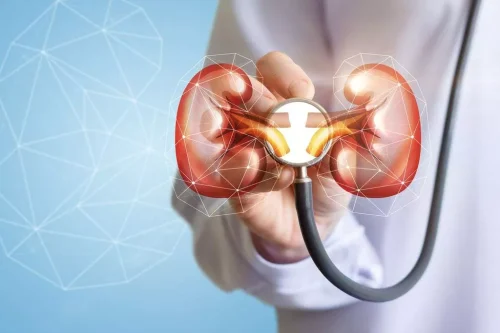
Recent studies have explored these nocturnal effects and their correlation with next-day performance. They highlight the complex relationship between alcohol consumption and sleep quality. When a person drinks alcohol, doing so in small or moderate amounts several hours before sleep can reduce the chance of sleep issues. However, in the second half of a night’s sleep, alcohol diminishes the amount of REM sleep. Alcohol’s negative effects on sleep quality worsen after several nights of drinking.


